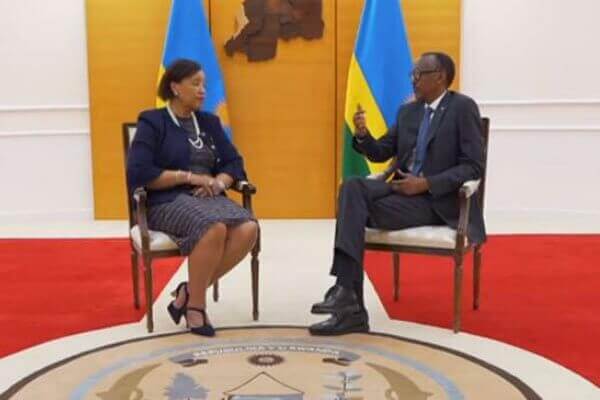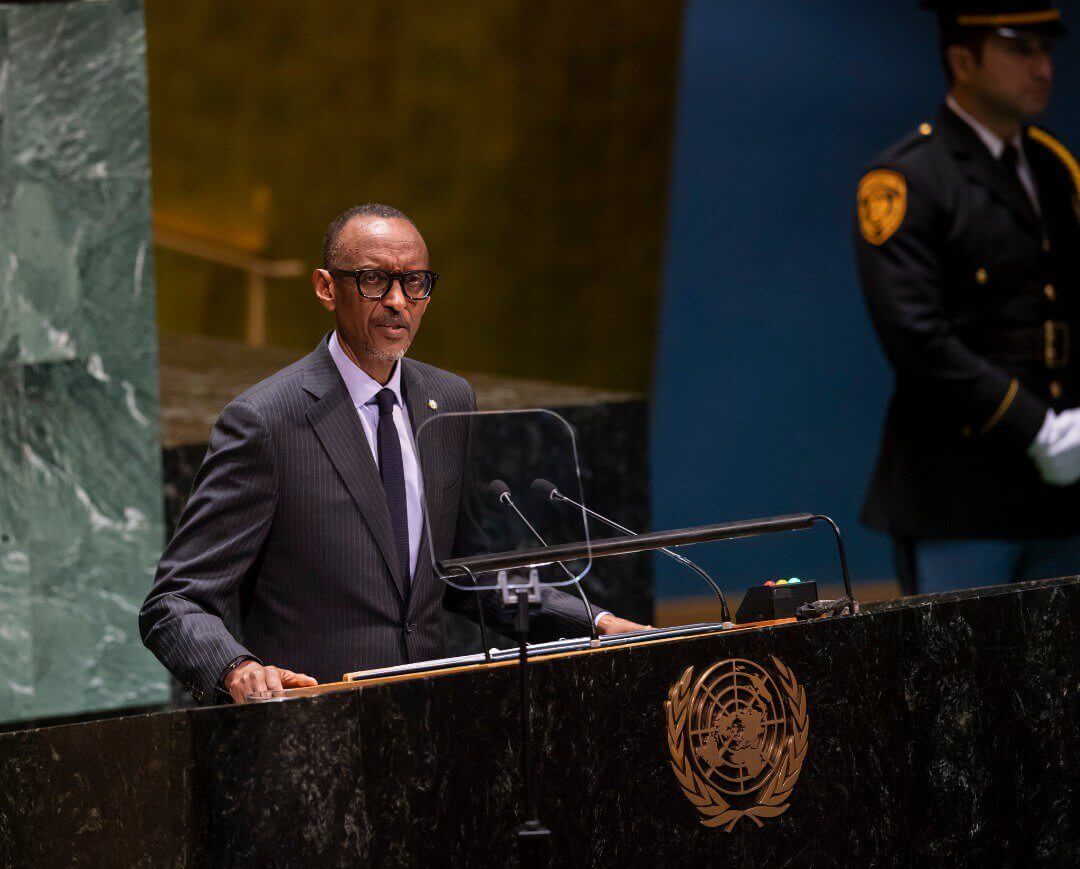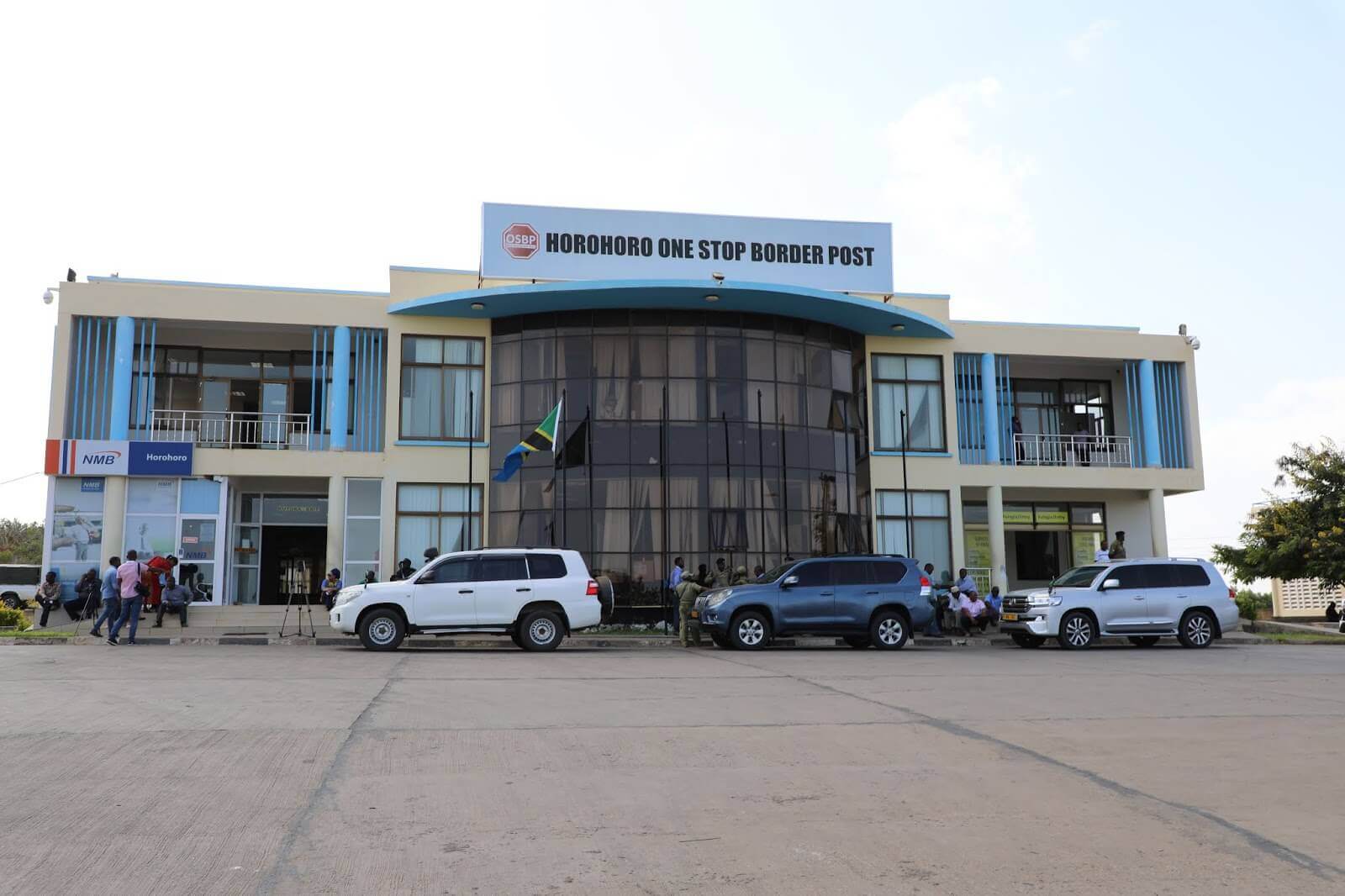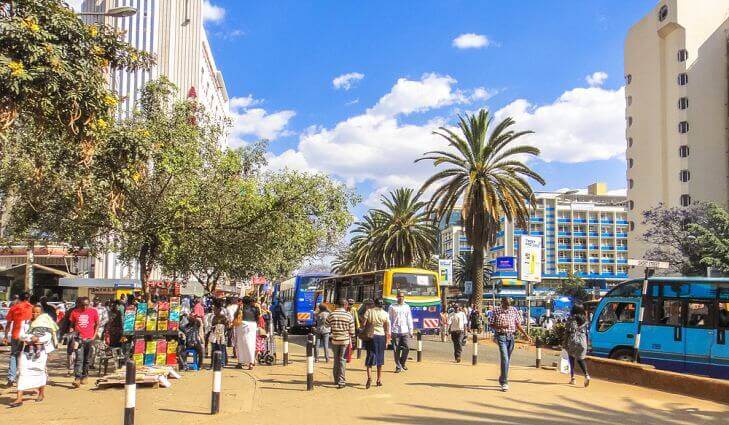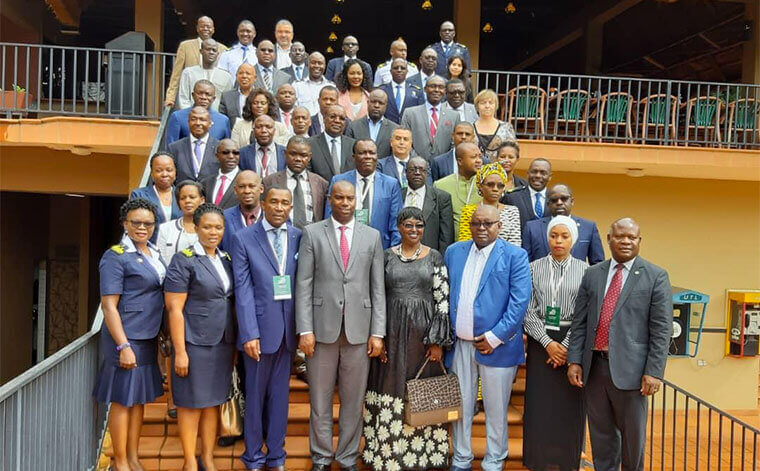Kampala, Uganda | JULIUS BUSINGE | Private sector companies have a chance to triple their growth once they adapt to the changing technology and business environment. This was the key message delivered by Dr. Geci Karuri – Sebina in a keynote speech at the second 2019 Mkutano Economic Forum held at Sheraton Hotel, Kampala on Sept.12. Sebina is a well-respected thought leader on innovation, urbanisation and the 4th industrial revolution. On the other hand, Mkutano is a “Gathering for a Purpose” where open debate leads to solutions, according to David Ofungi, the brain behind the Mkutano. This Mkutano edition was in line with the United Nation’s 9thSustainable Development Goal (SDG 9) that focuses on industry, innovation and infrastructure. This year’s Forum was attended by slightly over 200 participants mainly from the private sector and research institutions. The focus this time around was on the role of Science, Technology and innovation in Economic Development. Sebina told business leaders to understand their own institutions well, do what they can and organise to do it innovatively. She added that investments in innovation should connect with research and development, human resource, capital development and physical infrastructure put in place by the private sector and the government. The key drivers of innovation, she said, are research institutes, innovators, technology, entrepreneurs, knowledge brokers, innovation policymakers, local intermediates, innovation brokers and funding organisations. “Focus on generating new knowledge and technologies and creating customer value,” she said. From a policy angle, she said focus should be on the government...
Forum exposes opportunities for businesses
Posted on: October 3, 2019
Posted on: October 3, 2019


